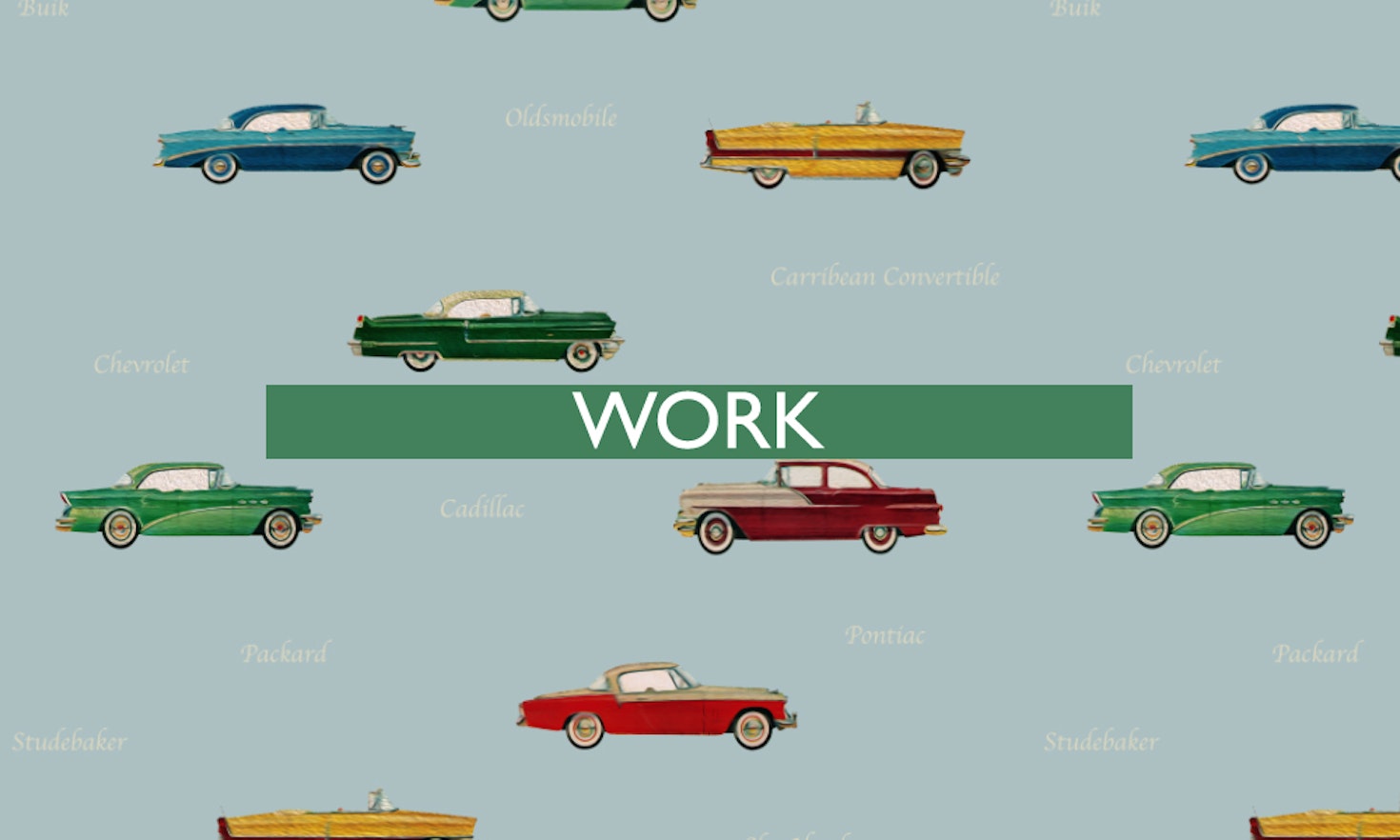
European Elections – The View from Brexit Britain
 Soeren Keil
Soeren Keil
What do judges and prostitutes have in common? Both enjoy fundamental rights, including a right to work. Article 15 of the EU Charter establishes the “freedom to choose an occupation and right to engage in work” and its second paragraph stresses that ”every citizen of the Union has the freedom to seek employment, to work, to exercise the right of establishment and to provide services in any Member State”.
What do judges and prostitutes have in common? Both enjoy fundamental rights, including a right to work. Article 15 of the EU Charter establishes the “freedom to choose an occupation and right to engage in work” and its second paragraph stresses that ”every citizen of the Union has the freedom to seek employment, to work, to exercise the right of establishment and to provide services in any Member State”.
This provision stood at the centre1 of a story that recently unfolded in the urban centre of the Austrian Alps. In the city of Innsbruck the police had the suspicion that a massage studio was, in reality, a brothel. Two Tyrolean policemen “tested” the centre and saw their doubts confirmed: the massage was offered by naked women and the services available to the clients went well beyond what one would consider a standard massage. The policemen´s reaction to this offer came quicker than expected andthe very same day the authorities ordered the closure of the establishment.
The owner, a Bulgarian national, was not issued with any confirmation of that closure nor did she receive any documents setting out the reasons for the adoption of that decision. She complained and the case reached the EU Court in Luxembourg. The Court concluded that the EU Charter of fundamental rights precluded the local legislation that allowed an administrative authority to close a commercial establishment with immediate effect without having to give reasons in writing for such a decision and for those to be communicated to its addressee.2
Bulgarian nationals also stood at the centre of another case that was not about prostitutes but judges. The Constitutional Court of Bulgaria declared a provision in the Bulgarian Judiciary Act as unconstitutional as it prohibited a judge or prosecutor being discharged from their duties following a resignation, if a disciplinary procedure is pending against them, until the closing of the procedure. Alongside the national constitution, the Court also invoked the Charter’s freedom to choose an occupation.3 To provide the Charter as an auxiliary argument, separate from the existing constitutional law arguments, is a rather frequement phenomenon in national Courtrooms. However, where a case falls within the scope of EU law and the interpretation of the Charter is less than crystal clear, it is advisable for national judges to ask the EU Court for an authorative interpretation. In fact one out of ten of the hundreds of such ´requests for a preliminary ruling’ sent to the EU Court every year, do relate to the EU Charter.4
The EU holds the competence of coordinating employment policies5 and is obliged to promote a “high level of employment”6 and to secure free movement7, the freedom of establishment8 and the freedom to provide services9 within the EU. Moreover, the EU is mandated to complement national policies regarding the “conditions of employment for third-country nationals legally residing in Union territory”10. Against this background, it comes as no surprise that, in contrast to the many other “freedoms” listed in the second title of the Charter (Articles 6 – 19), Article 15 comes with a rich arsenal of EU legislation and policies implementing this fundamental right.
In order to help workers to exercise their right to work in other Member States effectively, the EU established the EURES network between the European Commission and the Member States (Regulation 2016/589, see the European job mobility portal).
While the second paragraph of Article 15 is about EU citizens and addresses the freedom to provide services and the freedom of establishment, the third paragraph of Article 15 is about third country nationals: “Nationals of third countries who are authorised to work in the territories of the Member States are entitled to working conditions equivalent to those of citizens of the Union.” Whereas this does not affect the right of the Member States to regulate the access to their labour markets by third country-nationals and does not even include a right to equal pay,11 it is important to keep in mind that Article 15 is complemented by other Charter rights such as Article 30 (protection against unjustified dismissal) or Article 31 (fair and just working conditions).
The freedom to choose an occupation and right to engage in work is reflected in close to all constitutions of the EU Member States. The emphasis for the majority of constitutions is on guaranteeing the right to choose ones occupation freely. In this context, some constitutions also include the right to “practice every kind of gainful”12 or “entrepreneurial activity”13 or to carry out also “trade or business”14 thereby combining labour rights with the “freedom of commerce and industry”15 in a single constitutional article.
A stronger labour-rights oriented dimension can be found where national constitutions explicitly complement the right to freely choose employment by a “right to work” as such. Examples serve the constitutions of Belgium, Bulgaria, Denmark and Portugal.16 In a handful of constitutions the right to work comes with an obligation of the state to make sure that work provides the means of making “reasonable provisions for [peoples’] domestic needs”.17 The Slovak and the Czech constitutions refer to those who “are unable, through no fault of their own, to exercise this right” obliging the State to “provide an adequate level of material security to those”.18 However, only few constitutions are more specific on the States´ obligations with the constitution of Portugal19 defining these duties and the Greek constitution also addressing “equal pay for work of equal value“20 being the exception rather than the rule.
In some constitutions the right to work comes along with a duty to work, as is the case in France, Hungary, Italy and Spain with the Hungarian and the Italian constitutions underlining the communitarian background of this obligationshall be obliged to contribute to the enrichment of the community through his or her work, in accordance with his or her abilities and potential”.
Whereas national constitutions are vocal on the freedom to work and often include a more social dimension than Article 15 of the Charter does, the Charter adds value through a strong common market component and by providing that third country nationals authorised to work in the EU are entitled to working conditions equivalent to those of citizens of the Union.
Interested in knowing more? Well, here you are: ‘All EU-r rights‘, stay tuned!

This content is licensed under a Creative Commons Attribution 4.0 International license except for third-party materials or where otherwise noted.